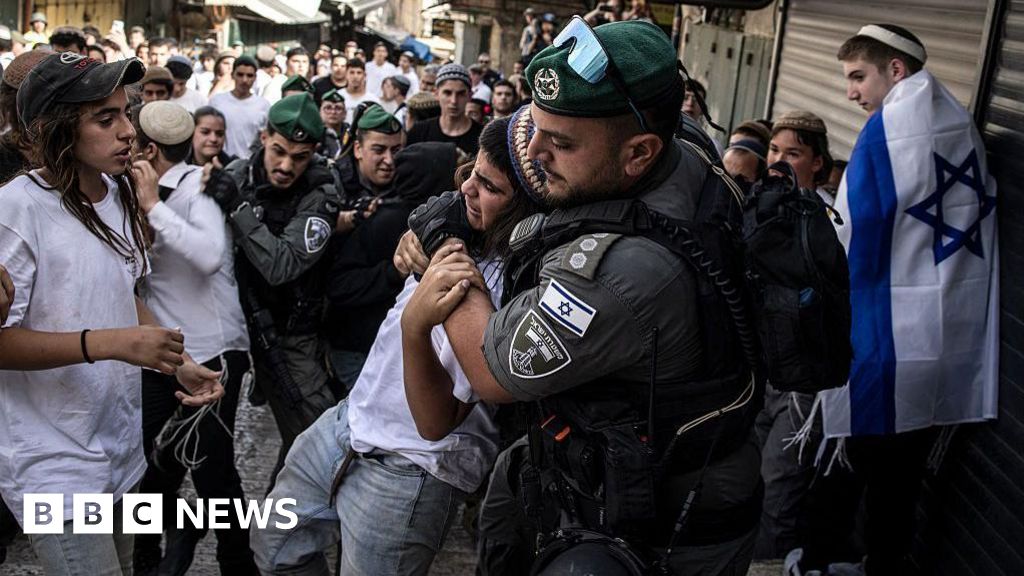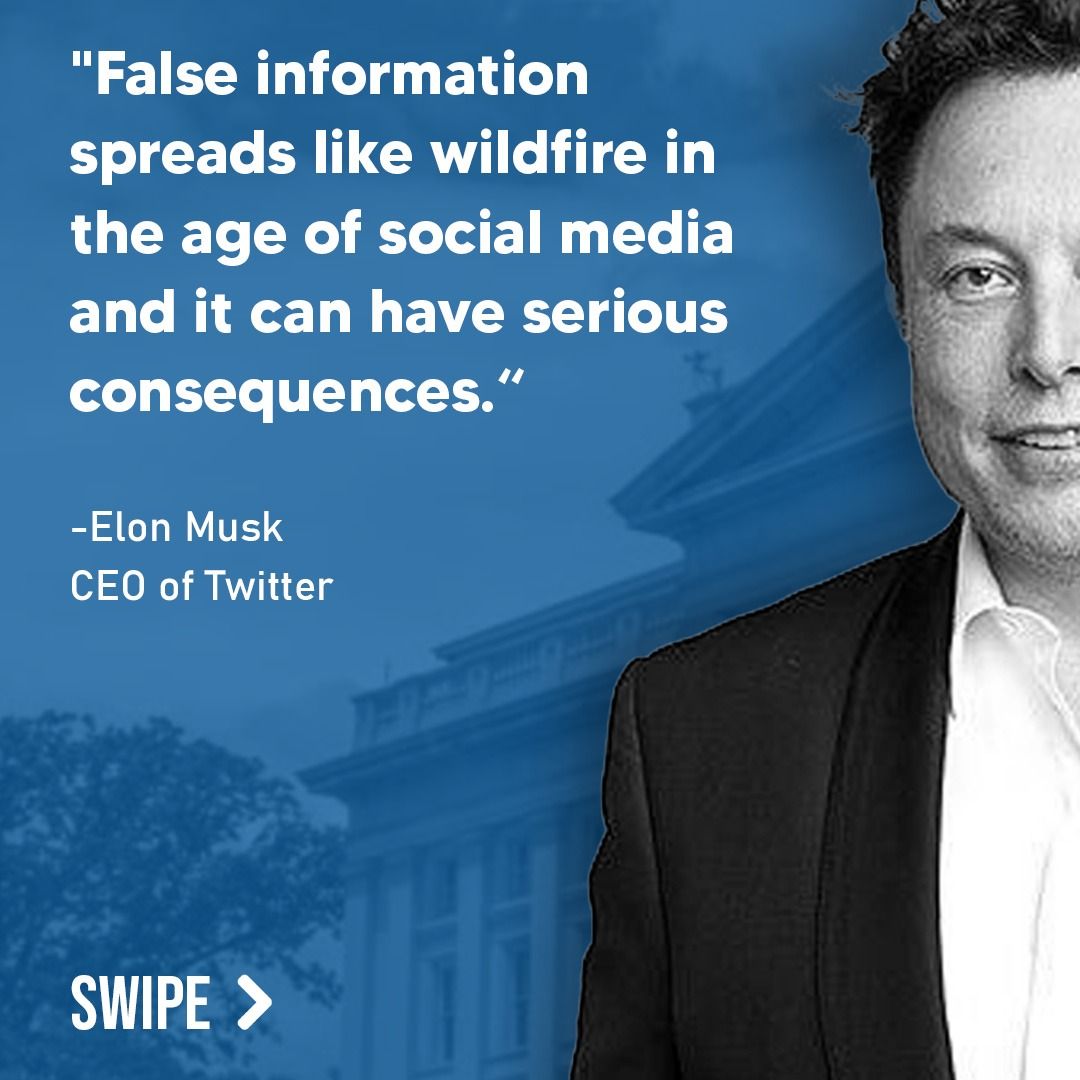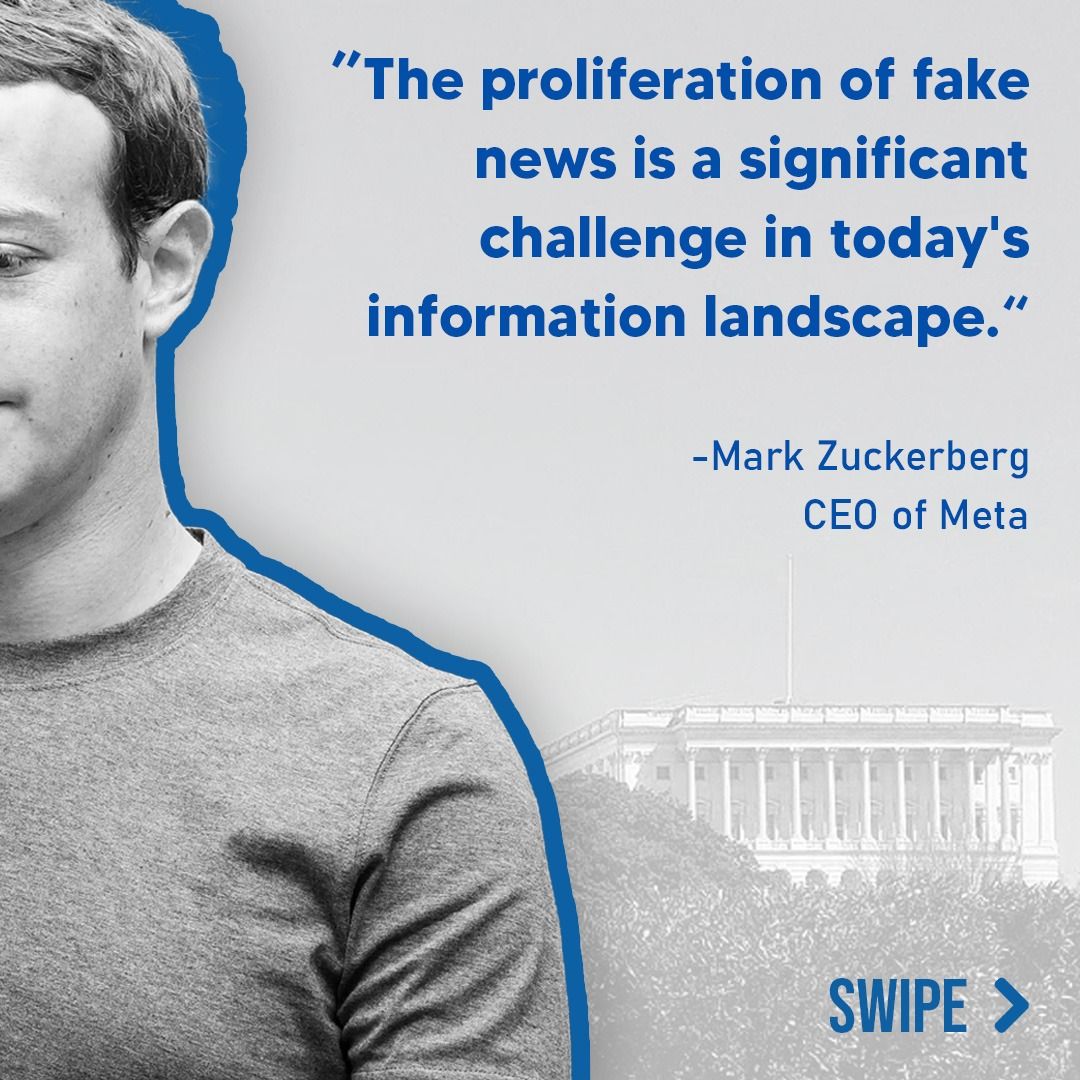
Introduction
The BBC article detailing the events of Israel’s annual Jerusalem Day parade has raised concerns about escalating tensions and potential human rights violations. Users flagged it because of reports alleging targeted harassment and violence by far-right marchers toward Palestinians, alongside provocations near religious sites. We examined the key factual claims regarding behavior during the parade, official responses, and the historical framing to verify their accuracy and uncover missing context.
Historical Context
Jerusalem Day commemorates the 1967 Six-Day War, during which Israel captured East Jerusalem, previously under Jordanian control. Israel considers the city unified and its capital, but Palestinians and much of the international community view East Jerusalem as occupied territory and envision it as the capital of a future Palestinian state. Over the years, the event has become not just a national holiday, but a deeply symbolic and increasingly contentious flashpoint—tied to nationalist politics, religious identity, and the unresolved Israeli-Palestinian conflict.
Fact-Checking the Article’s Claims
Claim #1: Marchers chanted ‘Death to Arabs’ and assaulted Palestinians
The BBC article alleges that during the parade, far-right Israelis chanted “death to Arabs” and harassed Palestinians. This claim is credible and has been corroborated by multiple independent reports. According to Haaretz and The Times of Israel, nationalist marchers in past and present Jerusalem Day parades have frequently shouted inflammatory slogans including “Death to Arabs” and engaged in confrontational behavior. Human rights monitors including B’Tselem and international media outlets like Al Jazeera also documented similar incidents during the 2024 and 2025 parades. Video footage from the 2025 event, reviewed by multiple organizations, confirms verbal incitements and aggression occurred near Damascus Gate.

Claim #2: Police removed aggressive marchers and deployed forces to prevent escalation
The article reports that Israeli police were present at the event, removed violent individuals, and attempted to stabilize the situation. This claim is substantiated. According to official statements from the Israel Police and coverage by Reuters and The Jerusalem Post on the day of the event, security forces were deployed to prevent flare-ups. Police reportedly detained Jewish ultranationalists who harassed shopkeepers and entered Palestinian areas without authorization. Footage of at least 13 arrests related to incitement and disorderly conduct was published and confirmed via media outlets. However, several rights groups, such as Amnesty International, criticized the police for inconsistent enforcement—allegedly allowing provocative chants to go unchallenged while dispersing counter-protesters more swiftly.

Claim #3: The banner “67 – Jerusalem in our hands; 2025 – Gaza in our hands” was displayed
This quote from the article, referencing a banner held by marchers, has been verified. Photos and video from the parade circulated widely on social media and were confirmed by Getty Images, AFP, and other wire services. The slogan reflects right-wing sentiment advocating for Israeli control over all contested territories, including Gaza. While holding such a banner is not illegal under Israeli law absent calls for immediate violence, it adds symbolic pressure during a time of active conflict in Gaza and reinforces concerns about radical nationalism linked to state events.

Claim #4: National Security Minister Ben Gvir called for the death penalty for “terrorists” during the event
The article states that Ben Gvir addressed the crowd and advocated the death penalty for “terrorists.” This is true. Verified footage from Israeli Channel 13 and translations of Ben Gvir’s speech confirm that he reiterated his long-standing position supporting legislation for the death penalty for convicted terrorists. Ben Gvir, a controversial far-right politician, used his appearance to reinforce political themes consistent with his party’s platform. His presence at the event, including a walkabout near the Al-Aqsa mosque compound, raised further tensions and was condemned by Palestinian leaders.

Conclusion
The BBC article presents a factually grounded and largely accurate depiction of the events that occurred during Jerusalem Day 2025. Key claims regarding far-right chants, violence, and banners were fully supported by video evidence, independent reporting, and on-the-ground monitoring entities. The coverage also included voices from across the political spectrum, including opposition leaders and state officials. That said, while it conveyed inflammatory acts by marchers and provocations from officials such as Ben Gvir, it did not go into detail on whether all participating Israelis supported such actions—potentially creating an overgeneralized impression for readers unfamiliar with the event’s broader dynamics. Nevertheless, there was no evidence of fabrication, and all central claims were verifiable and accurate.
Encourage Readers to Take Action
Feel overwhelmed by misinformation? DBUNK empowers you to fact-check and understand the news in real time. Download our app today and follow us on social media to help build a more informed world.


